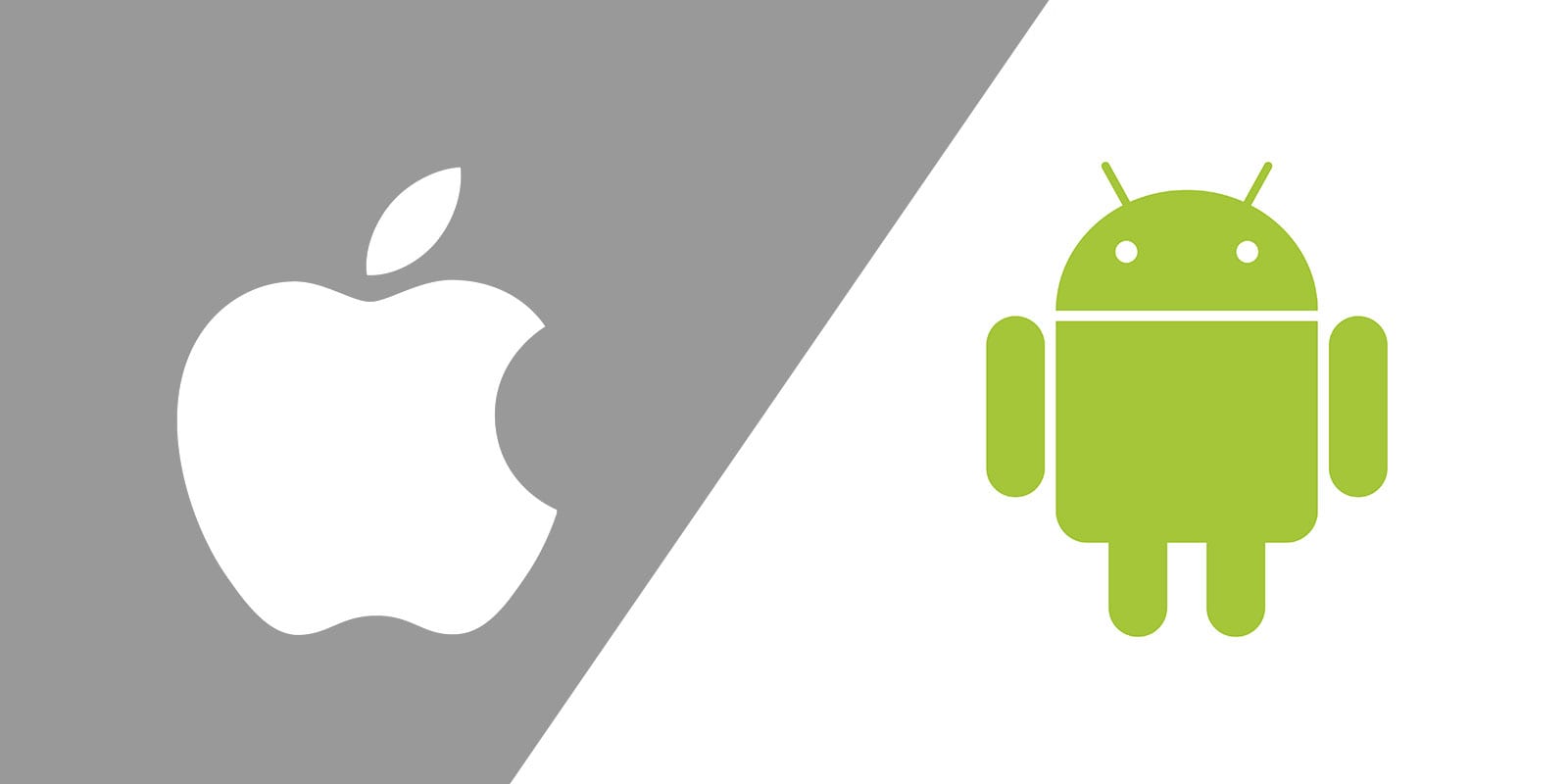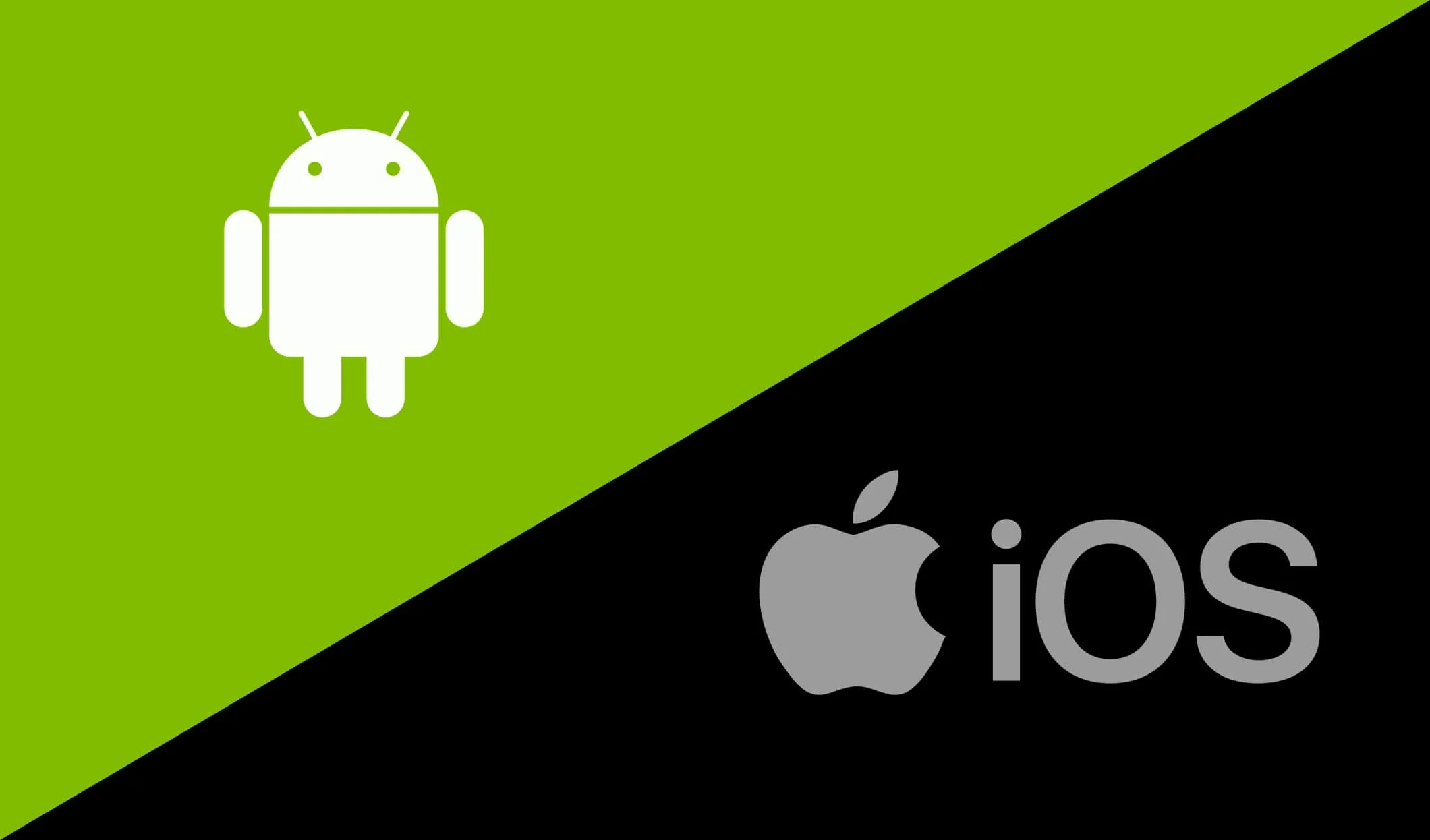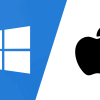The smartphone in 2025 continues to be dominated by two major players: Android and iOS. This age-old debate between Google’s open-source platform and Apple’s closed ecosystem remains more relevant than ever as both operating systems evolve with cutting-edge features, enhanced security measures, and improved user experiences. Whether you’re a tech enthusiast seeking maximum customization or a user prioritizing seamless integration and security, understanding the fundamental differences between these platforms is crucial for making an informed decision.
The choice between Android and iOS extends far beyond simple preference—it shapes your entire digital experience. From the apps you can install to how your devices communicate with each other, this decision impacts everything from productivity to entertainment. Android users enjoy unprecedented freedom to customize their devices, access diverse hardware options, and benefit from competitive pricing across multiple manufacturers. Meanwhile, iOS users experience Apple’s meticulously crafted ecosystem, where devices work together seamlessly, privacy takes center stage, and premium build quality sets the standard.
As we navigate through 2025, both platforms have narrowed their gaps significantly. Android has enhanced its security measures and user interface polish, while iOS has embraced greater customization options and flexibility. The security has become particularly interesting, with iOS maintaining its reputation for baseline security while Android apps demonstrate lower vulnerability rates due to enhanced protection measures. Understanding these nuances will help you choose the platform that best aligns with your priorities, whether that’s customization freedom, ecosystem integration, security, or value for money.
Android Advantages: Freedom and Flexibility
Extensive Customization Options
Android’s greatest strength lies in its unparalleled customization capabilities. Users can completely transform their device’s appearance and functionality, from custom launchers and widgets to personalized notification systems. The platform’s Material You design language creates dynamic wallpapers and synchronized color schemes that make your device truly unique. Unlike iOS, Android allows users to set custom default apps for virtually any function, including wallet applications and web browsers.
Hardware Diversity and Pricing
The Android ecosystem offers an extensive range of hardware options from budget-friendly devices to premium flagships. This diversity ensures there’s an Android device for every budget and preference. Users can choose from manufacturers like Samsung, Google, OnePlus, and dozens of others, each offering unique features and price points. This competition drives innovation and keeps prices competitive compared to Apple’s premium-only approach.
Open Ecosystem Benefits
Android’s open-source nature provides several advantages, including the ability to sideload apps from third-party sources and access alternative app stores. The platform integrates deeply with Google services, offering seamless access to Gmail, Google Assistant, and Google Photos. Advanced features like split-screen mode with saved app pairs and expandable volume panels enhance productivity and user control.

iOS Advantages: Premium Experience and Integration
Seamless Ecosystem Integration
Apple’s tightly controlled ecosystem delivers unmatched integration between iPhone, iPad, Mac, and Apple Watch. Features like AirDrop, iMessage, and FaceTime work flawlessly across all Apple devices, creating a unified user experience. This integration extends to services like Apple Music, iCloud, and the Apple One subscription bundle, providing convenience and continuity.
Superior Security and Privacy
iOS maintains a security advantage through its closed ecosystem and strict app review process. Apple’s hardware-based security features, including the Secure Enclave, provide encryption at the deepest system levels. The platform offers refined privacy indicators and app tracking transparency, giving users greater control over their data. Regular, uniform updates across all devices ensure consistent security protection.
Polished User Experience
iOS delivers a consistently smooth, intuitive interface across all devices. The platform’s design philosophy prioritizes ease of use, making it ideal for users who prefer a straightforward experience without extensive customization needs. Apple Intelligence and priority notifications use AI to surface the most important alerts, while enhanced Control Center customization provides refined system management.
Key Considerations for Your Decision
Budget and Value
Android devices offer significantly more budget-friendly options, with quality smartphones available at various price points. However, iOS devices typically maintain higher resale values and longer lifespans, potentially offering better long-term value despite higher initial costs.
Security Requirements
While iOS traditionally held a security advantage, the gap has narrowed considerably in 2025. Android apps now demonstrate lower vulnerability rates due to enhanced protection measures, though iOS maintains superior baseline security out of the box. Both platforms support VPN encryption and offer robust security features when properly configured.
Customization vs Simplicity
Choose Android if you value customization freedom and don’t mind complex settings to achieve your desired experience. Opt for iOS if you prefer a polished, consistent interface with limited but well-implemented customization options.
The Android vs iOS debate ultimately comes down to personal priorities. Android excels in customization, hardware variety, and value, while iOS delivers premium integration, security, and user experience. Both platforms continue evolving, making either choice a solid foundation for your digital life in 2025.




